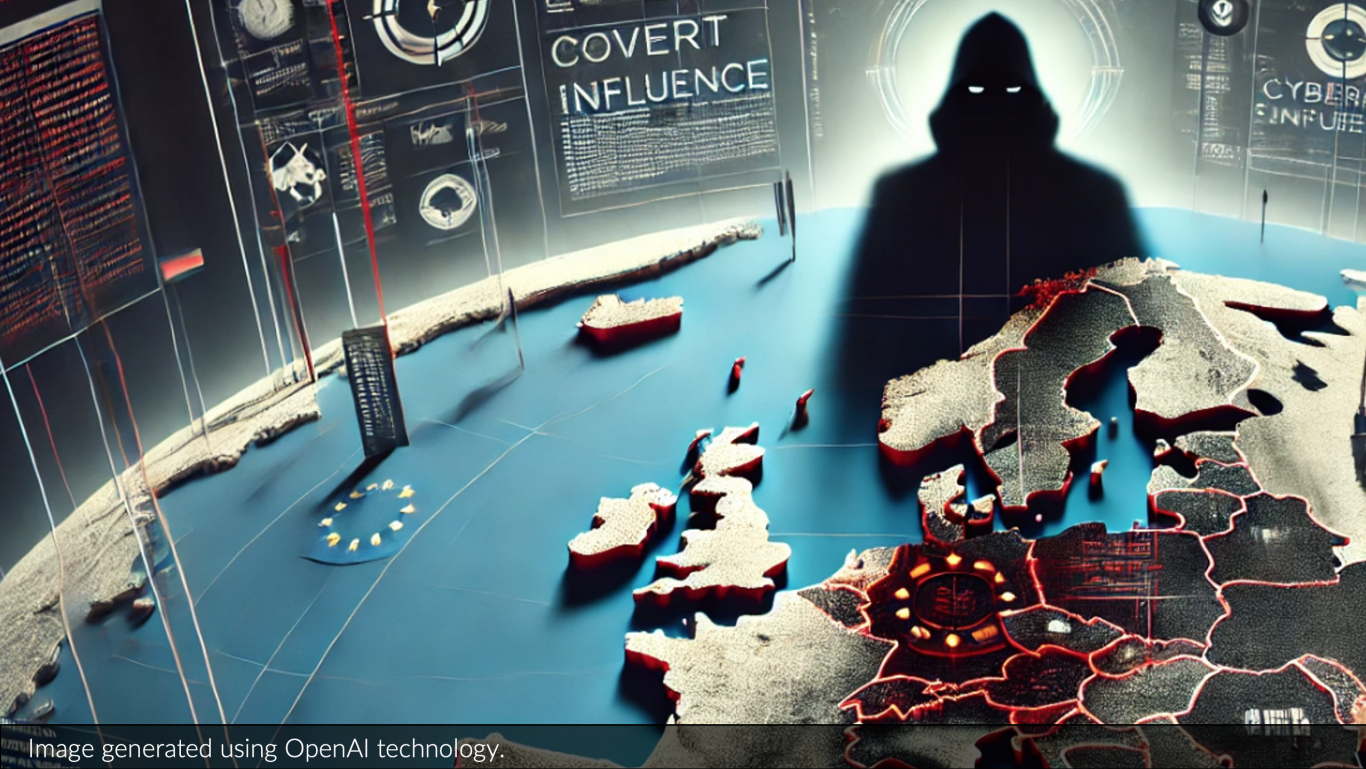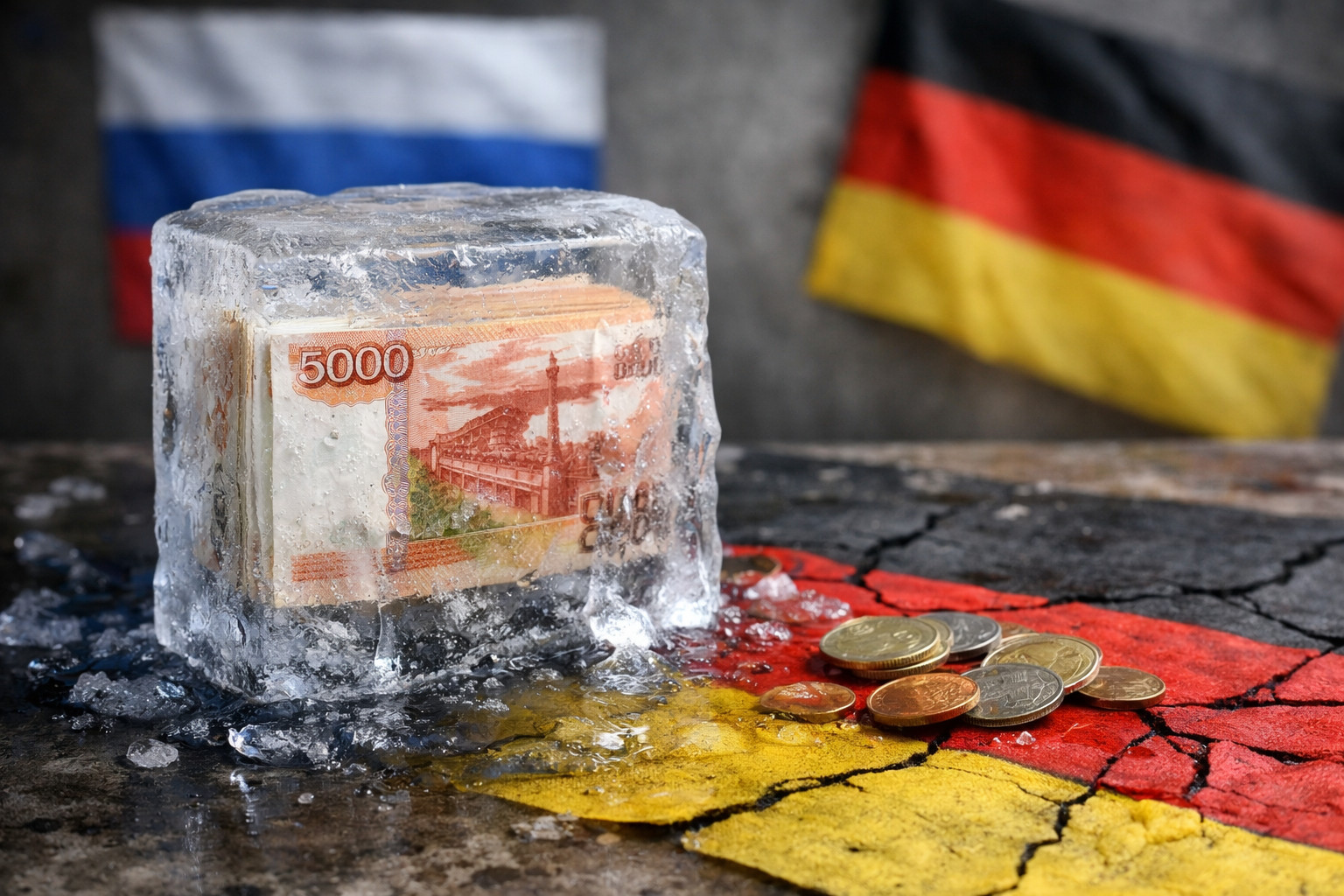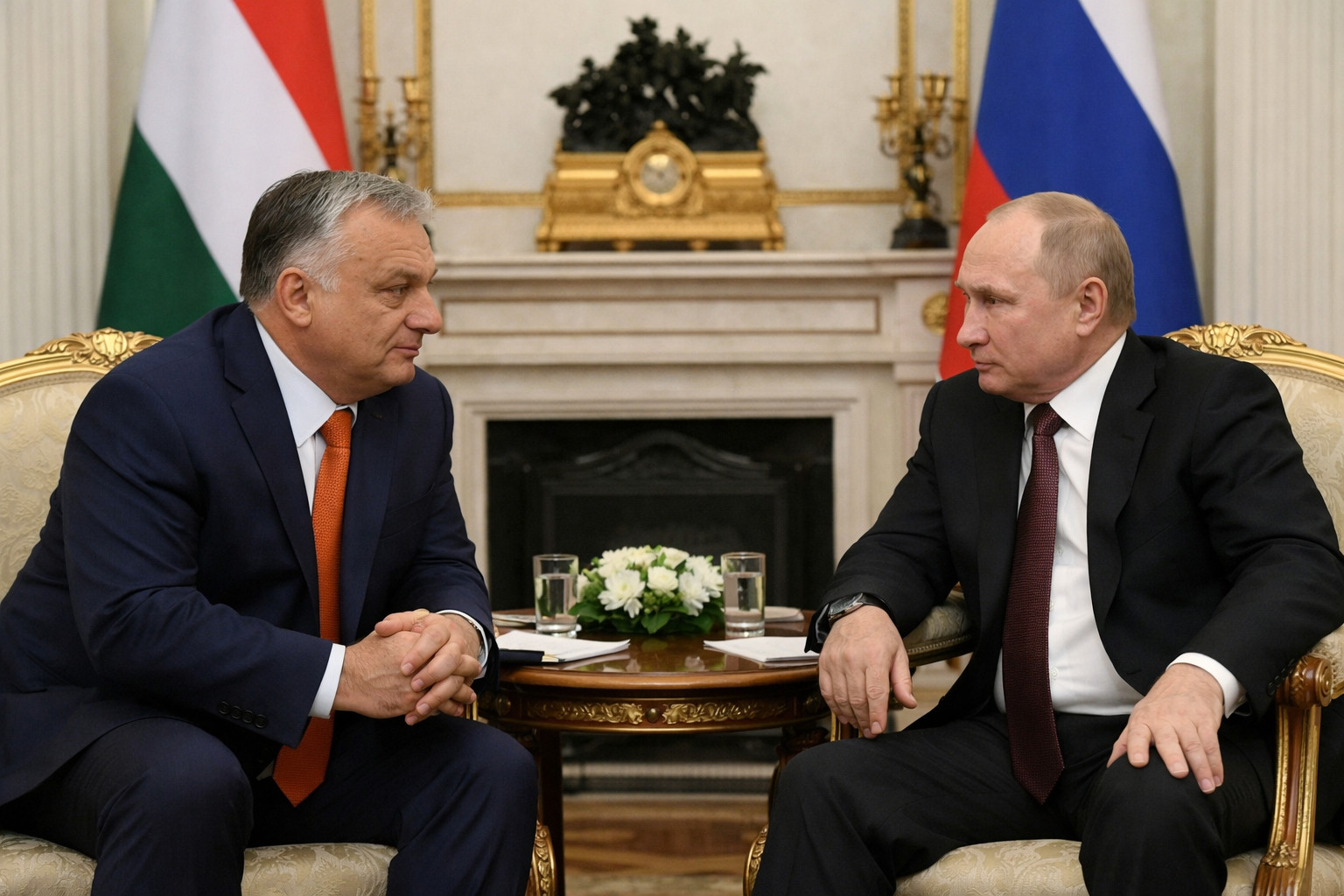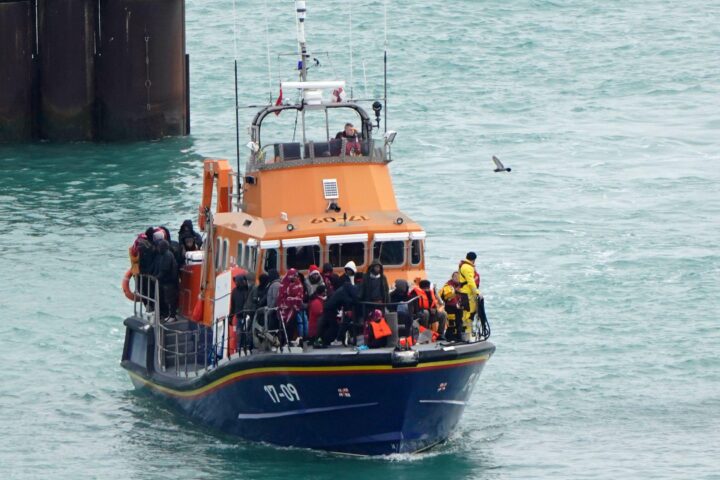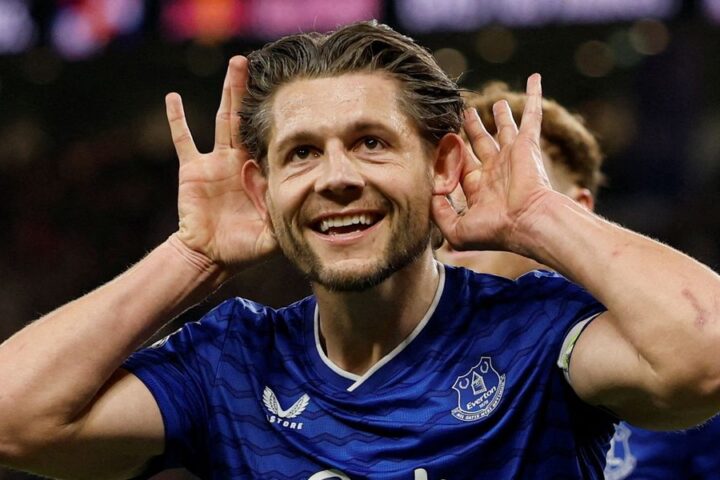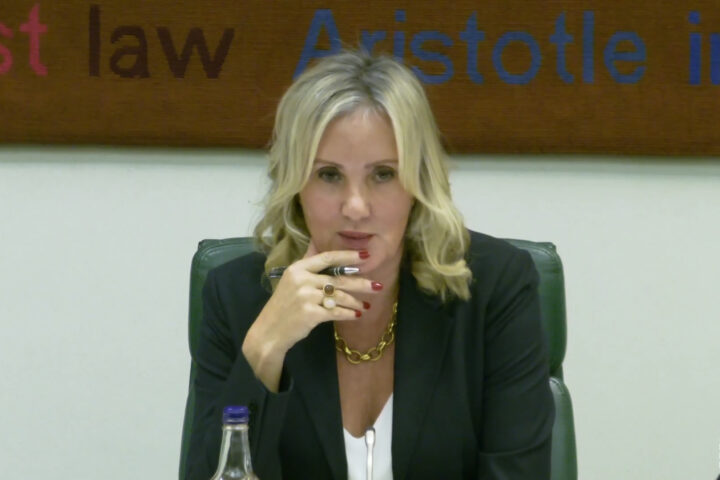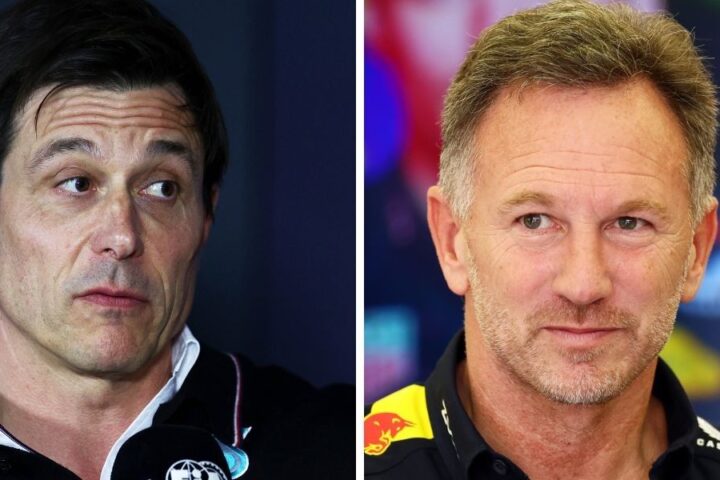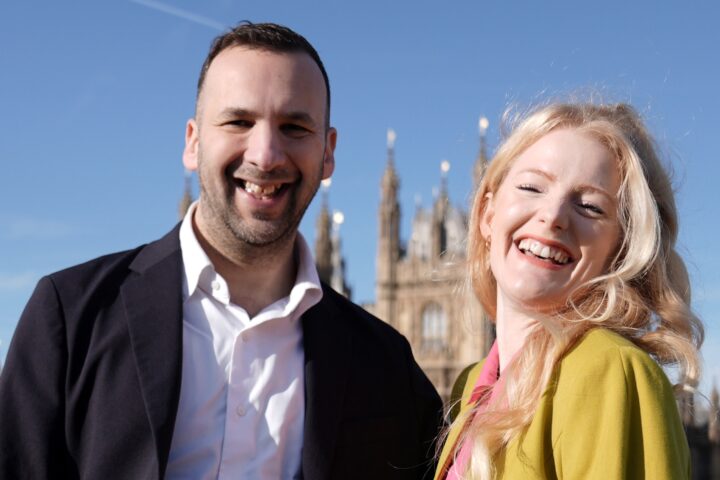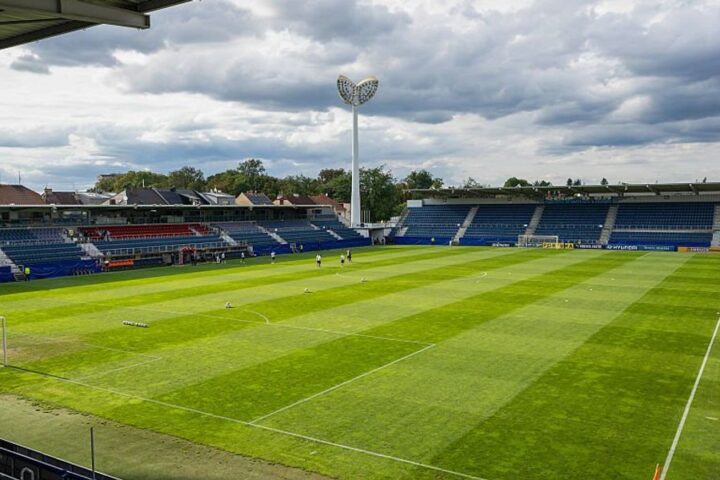On July 18, EU High Representative for Foreign Affairs Kaja Kallas warned that Russia is systematically attacking the European Union not only in cyberspace, but across multiple domains of public life. Speaking amid growing concern about coordinated digital threats, Kallas emphasized that the Kremlin’s hybrid campaigns have intensified since the start of the war against Ukraine and are likely to continue in the foreseeable future.
In her remarks, Kallas stressed that these actions are part of Russia’s long-standing strategy to undermine EU institutions, erode trust in democratic processes, and sabotage critical infrastructure. According to her, the Kremlin’s tactics go beyond cyberattacks and also involve acts of sabotage, physical disruptions, and disinformation operations aimed at weakening Western resolve.
Her comments were echoed by NATO, which also issued a statement on July 18 condemning Russia’s hybrid and cyber warfare campaigns. The Alliance reaffirmed its solidarity with Estonia, France, the United Kingdom, the United States, Germany, and the Czech Republic — countries that have publicly attributed recent cyberattacks to Russia’s GRU military intelligence service and the affiliated hacker group APT28.
Strategic intent behind hybrid warfare
The hybrid operations are seen as a deliberate extension of Moscow’s military aggression against Ukraine, designed to weaken European support for Kyiv, undermine public trust in EU sanctions, and spread fear and disorientation across the continent. As Kallas noted, Russia is waging a “psychological war” against Europe — an attempt to fracture unity through a blend of cyber operations, propaganda, and disruptive action.
Recent investigations by the United Kingdom revealed a covert cyberespionage campaign linked to Russian military intelligence, involving sophisticated malware targeting public institutions and critical sectors in NATO countries.
EU officials warn that Moscow’s refusal to adhere to internationally recognized cyber norms threatens global digital stability. By ignoring UN-backed frameworks on responsible state behavior in cyberspace, Russia is accelerating the breakdown of international legal safeguards — potentially ushering in an era of unregulated digital conflict.
From rhetoric to action
The EU and NATO statements signal a growing recognition that hybrid threats must be met not only with diplomatic condemnation but with concrete countermeasures. These include expelling Russian intelligence agents, freezing assets, and dismantling Kremlin-linked proxy networks operating within media, business, and political spheres across Europe.
NATO’s position makes clear that the Alliance is prepared to use “the full range of capabilities” in response to cyberthreats, in coordination with EU partners and in line with international law.
Analysts note that coordination between member states is essential. The growing complexity and scope of hybrid operations demand not only resilience but also a shift toward proactive defense. According to Kallas, this includes bolstering cyber defenses, developing capabilities for cyber retaliation, tightening international sanctions, and supporting frontline states — above all, Ukraine.
As the EU moves toward a more unified response, officials stress that hybrid threats are no longer peripheral concerns but part of a broader geopolitical confrontation between democratic societies and authoritarian regimes.
